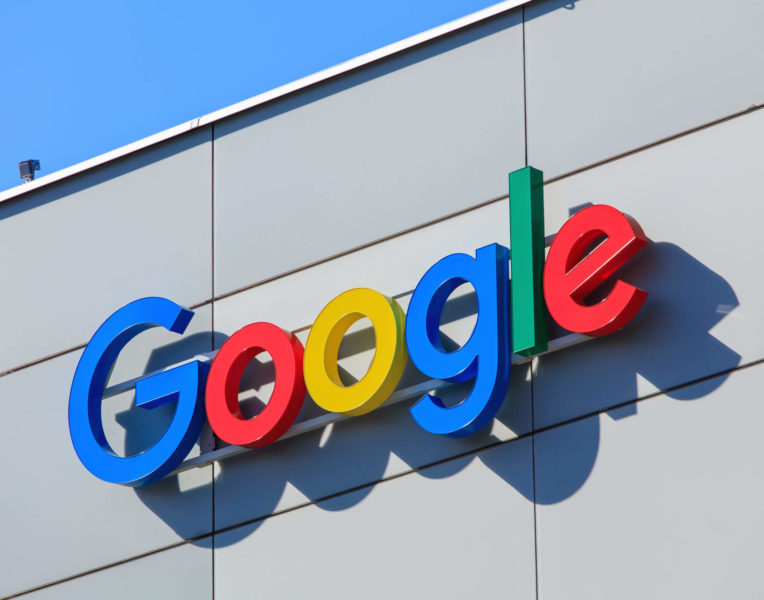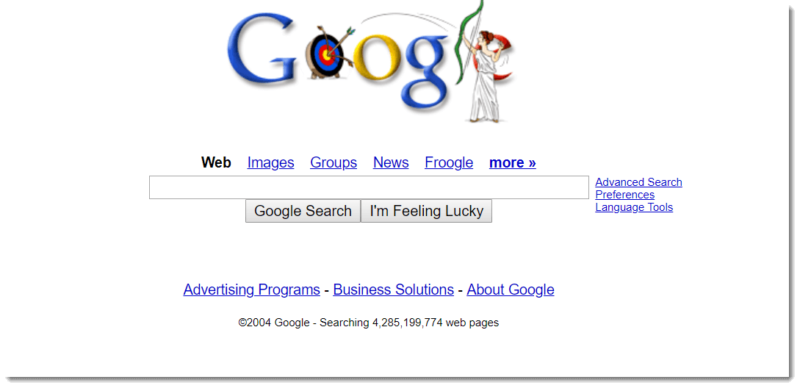Google marks 14 years as a public company
Today the search giant ranks as the world's third most valuable company.
Despite concerns that going public might endanger Google’s famously quirky but intensely focused culture, the company’s initial public offering (IPO) went forward on August 19, 2004. The company offered 19,605,052 shares at a price of $85 per share, valuing the company at more than $23 billion. Fourteen years later, Google parent company Alphabet’s market cap is just over $766 billion, behind only Apple ($927 billion) and Amazon ($778 billion).
The company was just five years old at the time of its IPO, and numerous early employees became instant millionaires when shares began trading. The IPO was unusual in that shares were sold in an online auction format using a system built by Morgan Stanley and Credit Suisse, underwriters of the offering.
Also unusual was that Google took a page from famed investor Warren Buffett’s playbook, publishing “An Owner’s Manual for Google’s Shareholders,” beginning with the bold statement, “Google is not a conventional company. We do not intend to become one.” Written by co-founders Larry Page and Sergey Brin, the letter offers fascinating insight into the founders’ long-term plans, and it foreshadows many of the non-search-related investments the company went on to make as it morphed into the company known today as Alphabet.
The IPO was not without moderate controversy. Just days before the share auction was to begin, Playboy magazine hit the newsstands with an interview with Page and Brin. The interview took place during the “quiet period” before a share offering when federal securities laws limit what information a company and related parties can release to the public. After review, the Securities and Exchange Commission decided to allow the sale of shares anyway.
Google was the third major search service spawned by Stanford University, coming online in 1998 in direct competition with then industry titans Excite and Yahoo. By the time of its IPO, it was a major, though not dominant, search engine.
Back then, if you had a website, you worked just as hard to enhance visibility in search results in AltaVista, Infoseek, Lycos and a handful of others. Microsoft also became a key player in 2004 with the launch of its own MSN search.
You can get a sense of how competitive things were from this screen shot of Google as it looked on August 17, 2004, just a couple of days before the IPO. Look at the bottom of the screen and note the “Searching 4,285,199,774 web pages” claim. While an index of just over 4 billion web pages might seem tiny today, back then, it was a major competitive edge for a search engine. In fact, the major search engines of the day engaged in “search wars,” frequently upping the stakes with competitors by expanding the size of their indexes and then boasting about it to the media.
Google discontinued showcasing its index size in August 2005, having decided it no longer wanted to tip its hand to competitors. Today, Google likely indexes from tens to hundreds of billions of web pages, and that estimate doesn’t include non-text assets like video, audio and other content accessible on the web.
On its 14th anniversary as a public company, Google is the dominant search engine in most areas of the world, accounting for 90 percent of traffic worldwide, according to StatCounter Global Stats.
The Where are they now? series
Opinions expressed in this article are those of the guest author and not necessarily Search Engine Land. Staff authors are listed here.
Related stories
New on Search Engine Land

